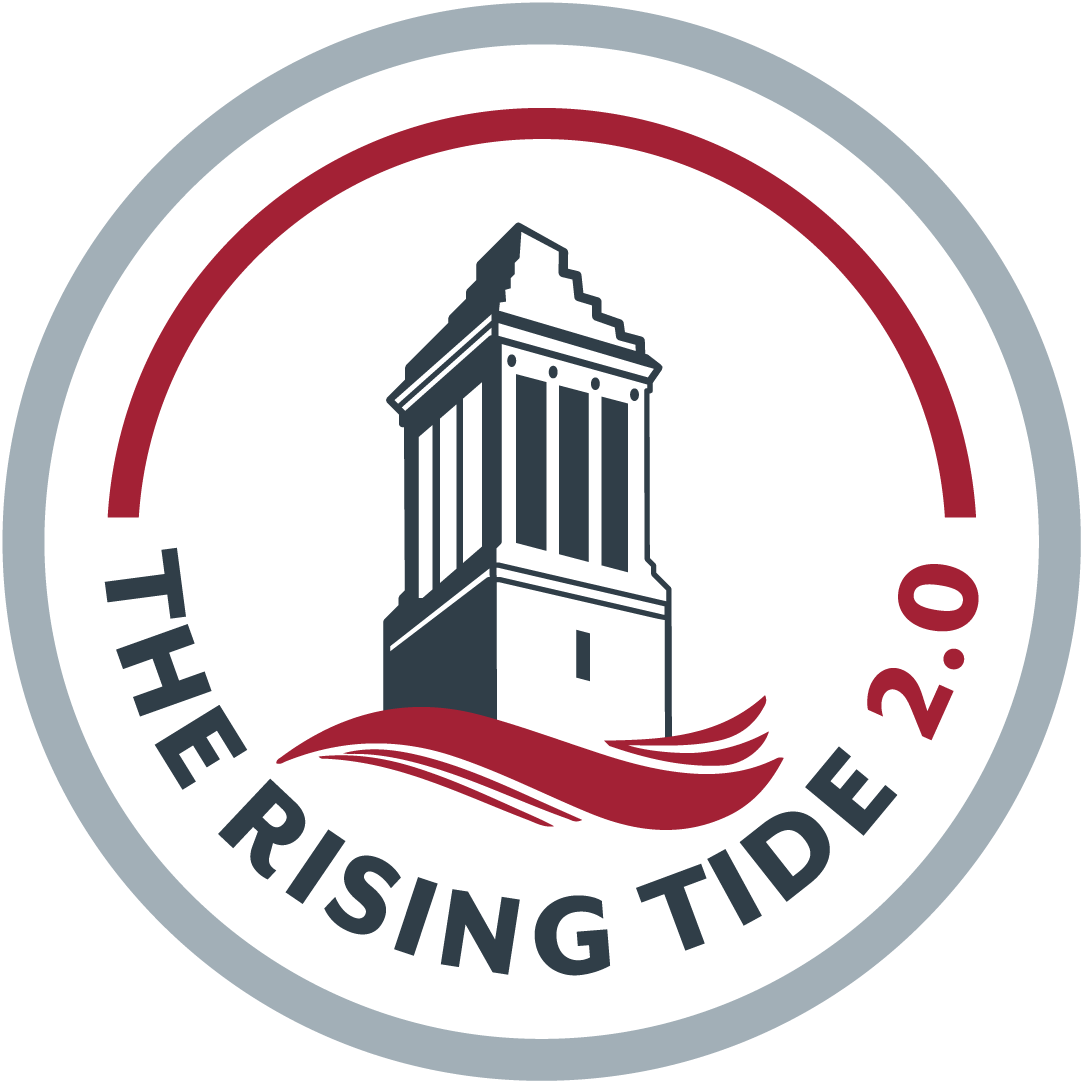Driven by his passion for caring for others, Dr. Greg Vander Wal works to support the mental health of students on campus as Executive Director of the Counseling Center. Originally from Grand Rapids, Michigan, he moved to Alabama to attend Samford University for his undergraduate degree and eventually moved to Tuscaloosa while his wife attended The University of Alabama.
In 2007, Greg joined the Counseling Center as a graduate student. Working along staff psychologists, he was inspired by how invested they were in their mission to help students which solidified his desire to work in therapy, and specifically at UA.
He joined as a staff psychologist in the summer of 2013 and started counseling students with mental health issues. In that first year, he worked with a student on the verge of leaving school due to a mental health crisis; after a few months of meeting with the student, he was able to make a difference by providing the support the student needed to stay enrolled and ultimately graduate.
In 2013, the Counseling Center saw about 700 students for around 2,800 appointments. Since then, they have seen the demand for services nearly double, partly because of a growing student body. Additionally, Greg describes crrent culture as “more willing to recognize how mental health affects our students.” He added, “We need to continue the open discussion.”
Greg believes a key to supporting students is “recognizing that students are full people. They are not just students and we have to help them prepare for the future outside of that student status – the whole person needs to be taken care of – their academic success is not going to happen if we aren’t caring for the person”.
With more students coming for support on coping with anxiety, stress, depression and academic distress, as well as 1 in 3 students expressing struggles with suicidal thoughts, the need for mental health support has never been greater. While demand continues to exponentially grow each year, the Counseling Center resources have remained the same. Financial support to provide innovative solutions and increased staffing is critical to meet the needs of our students.
